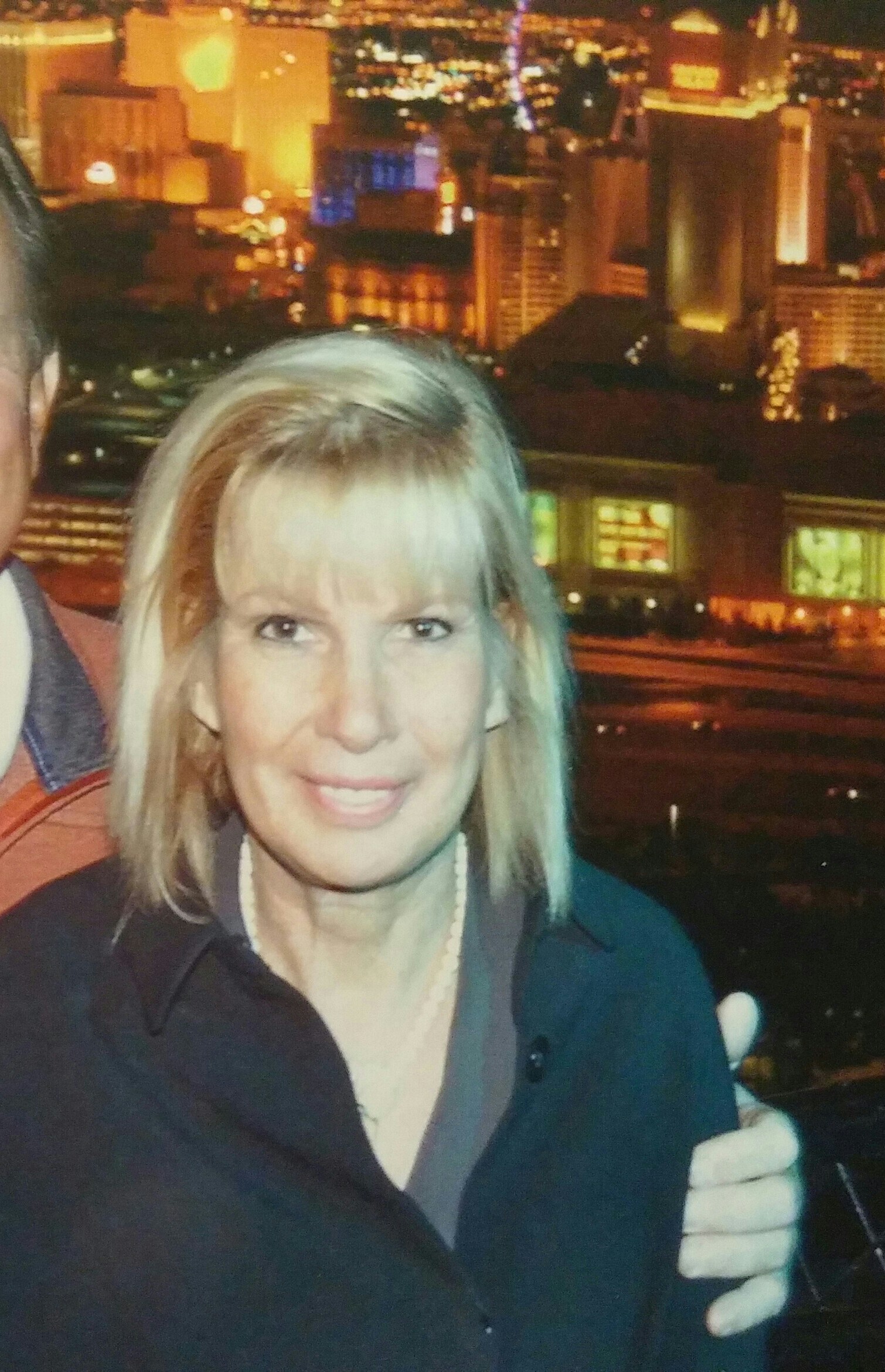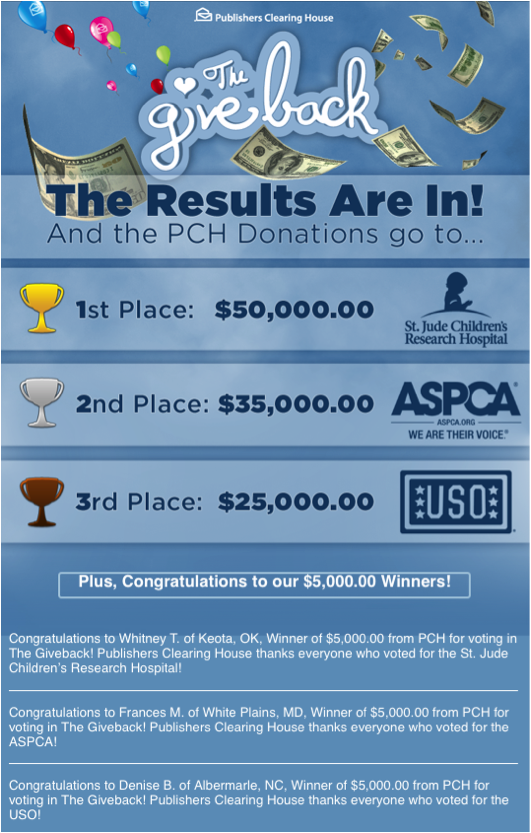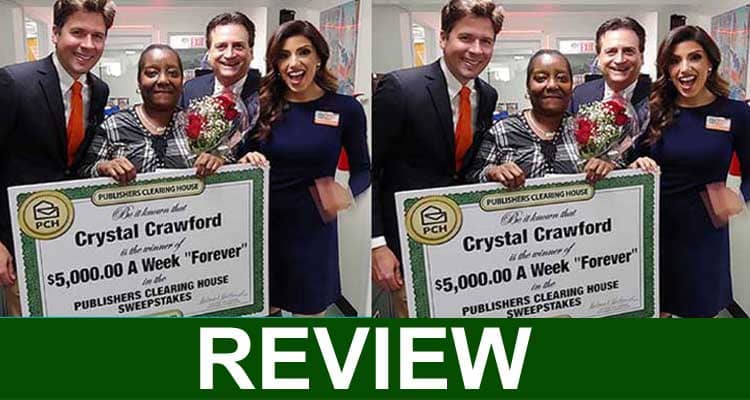Table Of Content
- For Consumers
- Washington AG’s Office Releases New Guidance for the My Health My Data Act
- We tell you about cash you can claim EVERY WEEK! Sign up for our free newsletter.
- Publishers Clearing House sued for ‘dark’ and ‘deceptive’ practices affecting Utahns
- Business Guidance
- Background: Amazon has been accused of similar practices.

The NYT bestseller list often includes award winners, and so-called literary fiction titles like The Goldfinch and All the Light We Cannot See can sell in the millions. And many authors earn a living—or, if not a living, then a significant chunk of a living—from their books without ever becoming as famous as Stephen King or Danielle Steel. What I can say is that no book you’re likely to have heard of is selling only 12 copies or anything near that.
Action 9: Another family files lawsuit against builder - WSOC Charlotte
Action 9: Another family files lawsuit against builder.
Posted: Mon, 07 Aug 2023 07:00:00 GMT [source]
For Consumers
“Remember, the FTC never asks you to pay or share personal information to receive a refund. Don’t pay anyone who contacts you and promises you a refund but asks you to pay a fee or attempts to obtain your personal information,” the FTC website states. For more information on what PHC has agreed to fix, you can visit FTC’s website.
Washington AG’s Office Releases New Guidance for the My Health My Data Act
The FTC charges that PCH used dark patterns—manipulative phrasing and website design—to convince consumers that they needed to buy a product of some kind to enter the company’s sweepstakes or increase their chances of winning. PCH agreed to settle charges, which claimed it had violated the FTC Act and CAN-SPAM Act. The company will pay $18.5 million to the FTC, which will refund impacted consumers. The company is also required to stop using deceptive language around sweepstakes and sales, and halt use of surprise fees, among other changes to its business practices. Specifically, the FTC claimed the company used deceptive website design to convince consumers that making purchases was required to either win a sweepstakes or increase their chances of winning one.
We tell you about cash you can claim EVERY WEEK! Sign up for our free newsletter.
But I imagine few are shocked that books in 2024 do not occupy the place in the culture they did 100 years ago, before video games, cellphones, social media, streaming TV, and the like dominated our time. The company is accused of being paid to sell detailed information of purchases and prices. The lead plaintiff, James Camoras, says the company sold information about his purchase of a tripod and book to data aggregators, data appenders, data cooperatives, and list brokers, political organizations and non-profit companies and then he was inundated with junk mail.
Publishers Clearing House sued for ‘dark’ and ‘deceptive’ practices affecting Utahns
The answer depends on the type and genre of book and the type of publisher. Someone from a prestige Big 5 imprint whose books are often award contenders and bestsellers once told me any book that sold fewer than 25,000 in print was a failure for the publisher. On the other hand, many literary fiction writers have told me that anything more than 5,000 sales is a success.
Business Guidance
It has a good chance of being a perennial backlist seller, even. That is the goal of any publisher, since they sell with almost no overhead or marketing costs. Such a book would certainly make many, many millions for a publisher. What company wouldn’t pay millions if they were “definitely going” to make even more millions back? What the average Big 5–published book sells in one calendar year is a completely different number from what it sells over a lifetime. That number is completely different from the average book sales of all publishers, from micropresses to big corporate publishers.
Companies looking to avoid FTC scrutiny in this arena should ensure that their customer-facing interfaces could not be perceived as working to subvert consumers’ decision-making processes. "Today’s action builds on previous efforts to crack down on companies that use illegal dark patterns to fuel digital deception and harm consumers," FTC Chair Lina M. Khan said in a statement joined by two other agency commissioners. "As more commerce has moved online, companies are increasingly able to layer on a host of sophisticated tricks more frequently and at a much larger scale than traditional brick-and-mortar retailers." More broadly, consumers may not realize they are being manipulated or misled by dark patterns since they are "covert or otherwise deceptive," the FTC said.


“Firms that continue to deploy deceptive design techniques are on notice,” Samuel Levine, who leads the F.T.C.’s consumer protection branch, said in a statement. According to the complaint, the deception starts from the company’s homepage, where consumers complete an “Official Entry Form” with a large button with phrasing like “WIN IT! ” This form, however, does not enter them in the sweepstakes. My point isn’t that there’s anything bad about self-published cat poems, crossword puzzles, TikToks, or anything like that.
Tablets are a great way to remain productive if you don’t have a laptop and your mobile phone’s screen is too small. In this post, we summarize key elements of the FTC’s complaint against PCH, identify notable features of the proposed stipulated order, and highlight key takeaways for companies to consider as they continue to refine their privacy compliance programs. Truly exceptional Bergen County New Jersey Law Firm is growing and seeks strong plaintiff's personal injury Attorney with 5-7 years plaintif... The National Law Journal Elite Trial Lawyers recognizes U.S.-based law firms performing exemplary work on behalf of plaintiffs. Get instant access to members-only products and hundreds of discounts, a free second membership, and a subscription to AARP the Magazine. They pressure a person to buy stupid items,making the person believe they're upping their chance's of winning.They're crooked and still using the same technique's via mail,email.
In other cases, a company could present its privacy settings in a way that persuades customers to release the most amount of personal information without their informed consent. The F.T.C. accused Publishers Clearing House of doing this before January 2019 by telling customers that it did not share customer data with third parties when it had. When it included disclaimers or clarifying information, the text was in small, light font and overlooked by consumers, the FTC claimed. Dark patterns are a "manipulative" and unlawful design trick, examples of which include pre-checked boxes, hard to find and read disclosures, and confusing cancellation policies, the FTC said. They pose "heightened risks" for consumers online, it added. Publishers Clearing House, the Jericho-based sweepstakes and magazine subscription company, plans to lay off 156 workers at its headquarters starting in July, according to a state filing.
As more commerce moves online, dark patterns, which use deceptive design to dupe consumers, are becoming increasingly common, the F.T.C. said in a report released in September. The FTC also claimed Publishers Clearing House tacked on surprise shipping fees to purchases—something the company will have to stop under the terms of the settlement. The FTC’s complaint charges that where PCH included disclaimers or clarifying information on shopping pages, it was in small, light font, below the “call to action” buttons, and overlooked by consumers. Publishers Clearing House will refund $18.5 million to customers and make changes to its online business practices as part of a settlement reached with the Federal Trade Commission, the agency said Monday. I would add here that it’s not true that only movie star memoirs and James Patterson–type commercial thrillers are breakout hits.
In addition to sweepstakes, PCH also sells merchandise and magazines. The FTC alleged the company charged hidden fees that averaged more than 40% of the product costs, and misled customers with deceptive language in email subject lines and statements in its privacy policy. McIntosh said 300,000 copies “in a year” rather than in lifetime sales, so we are talking calendar-year sales, not lifetime sales. (See above.) A book that sold “only” 300,000 in one year is going to sell many more copies in other years.
Publishers Clearing House, the Jericho-based sweepstakes and magazine subscription company, has agreed to pay $18.5 million to resolve a lawsuit filed by the Federal Trade Commission, the agency announced. Publishers Clearing House will refund customers $18.5 million to settle a Federal Trade Commission lawsuit alleging deceptive business practices—familiar ground for the marketing and sweepstakes firm. Of that, about half goes to the retailer and distributor and the other half to the publisher. If the publisher paid an advance of $3 million, the author hasn’t earned out … but the publisher still made $7 million in revenue. Coming on the heels of last year’s dark pattern guidance and several recent enforcement actions addressing companies’ use of dark patterns, the PCH enforcement action demonstrates the FTC’s continued focus on this issue.
” However, users found this does not enter them in the sweepstakes. PCH has been involved in previous skirmishes with regulators, including a 2000 lawsuit filed by 23 states and a 2001 lawsuit filed by 26 states. Both lawsuits resulted in multimillion-dollar settlements. The purpose of this blog and its comments section is to inform readers about Federal Trade Commission activity, and share information to help them avoid, report, and recover from fraud, scams, and bad business practices. Your thoughts, ideas, and concerns are welcome, and we encourage comments.
This seems like a fair look at the relationship between advances and big publishers’ expectations. Obviously, many books will fail to hit their targets, though typically not by 4,988 copies. On the other end, anything selling more than 75,000 is a rare hit. If you’re on a big publisher, you are likely to sell a few thousand copies. If you’re exceptionally lucky, hundreds of thousands or millions.
Publishing is still chugging along, not just in the Big 5 publishers—which account for most of these stats—but also in indie and small presses, where much of the best writing is published. If you want to keep the books coming, well, keep buying them and/or checking them out at your local library. According to [consultant Nicholas] Hill, 85 percent of the books with advances of $250,000 and up never earn out their advance.

No comments:
Post a Comment